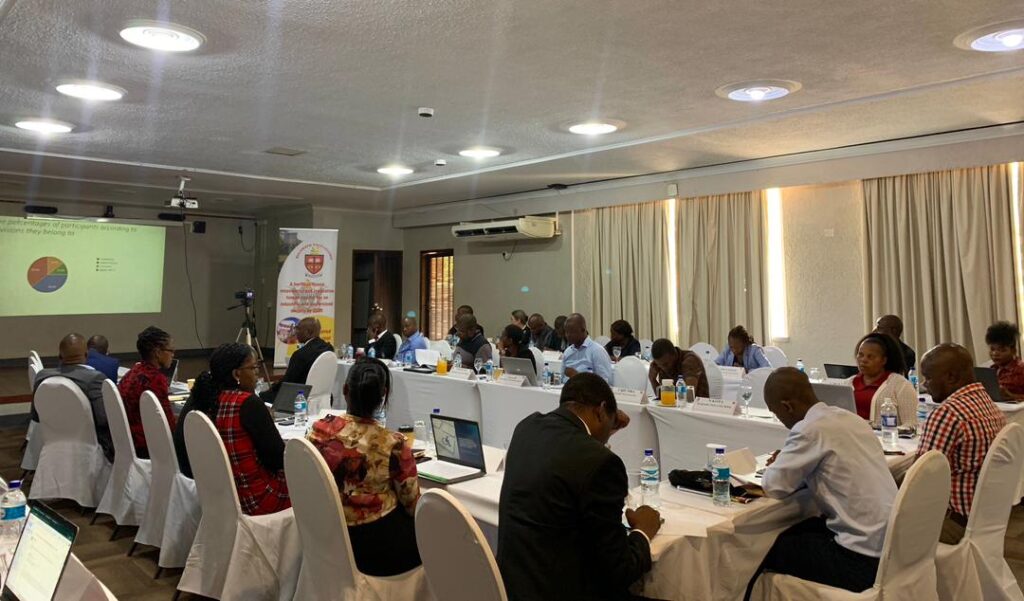Govt conducts 8th SDGs Voluntary National Review Consultation programme in Lupane
Written by Skyz Metro FM on February 20, 2024
By Charity Chikara
15.02.24
The Ministry of Public Service, Labour and Social Welfare is conducting the 8th Sustainable Development Goals (SDGs) Voluntary National Review Consultation program in Matebeleland North, Lupane.
The program aims to gather public feedback on the country’s progress towards achieving the 17 SDG goals.
Representing the Permanent Secretary for the Ministry of Public Service Labour and Social Welfare Mr Simon Masanga, Mr Sicelo Nyathi the Provincial Social Development Officer urged stakeholders to actively participate in the consultation and contribute to the national report.
Citing that this report will inform the government’s self-assessment on SDG implementation and highlight areas for improvement.
“This will enable us to gather a wide range of information important in the implementation and attainment of the Sustainable Development Goals. I encourage you to take this exercise serious and contribute to the National Report that will enable us to highlight and give a true reflection of our current status on the implementation of 2030 agenda, “he said.
Presenting the overview of Sustainable Development Goals and National Goals and National Development Strategy and the role of Voluntary National Reviews, Deputy Director SDGs and Agenda2063, Ms Scylocious Chaturuka emphasized the importance of Voluntary National Reviews as a mechanism for monitoring and evaluating progress towards the SDGs.
“It is important to conduct these voluntary national reviews so that we take various inputs from the various provinces and stakeholders who are implementing SGDs at a grassroots. We needed them to tell us the challenges that they are facing and the achievements that have made to date and the accelerative actions that they can put in place to accelerate the implementation of SGDs in Zimbabwe”, said Chaturuka
The consultation program includes sessions with various stakeholder groups, including government officials, civil society organizations, and citizens.
While the feedback gathered is set to be incorporated into the national report, which will then be validated and presented to Cabinet, Parliament, and the President for assent.





 Skyz Metro FM
Skyz Metro FM